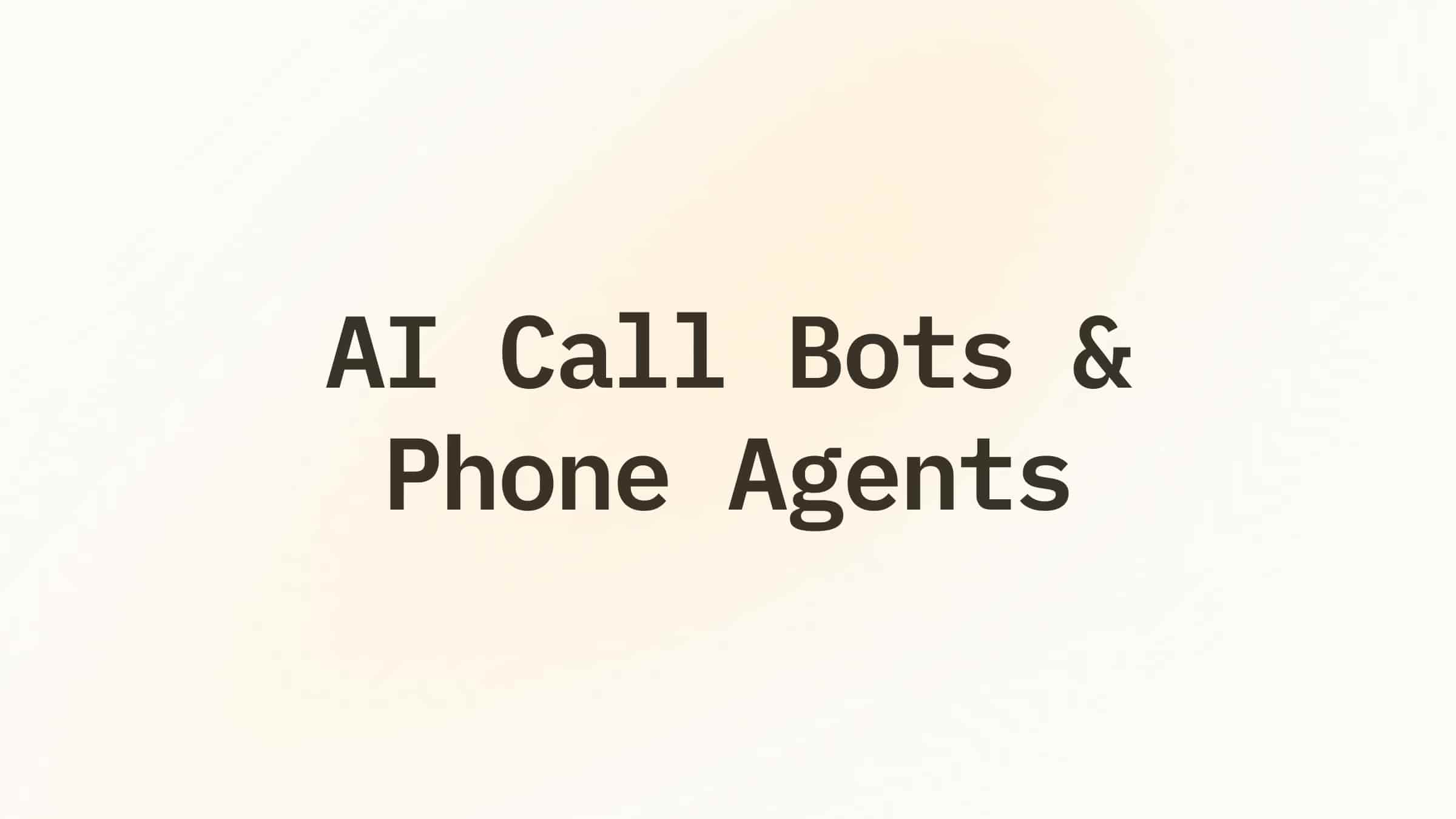Got a medical clinic drowning in disorganized patient records? That’s par for the course in 2024!
Keeping track of all that medical mumbo-jumbo can make a doctor feel more like a noir detective than a medical practitioner – especially with all the late nights.
But have you ever given some thought to hiring a clinical documentation assistant?
In this article, we'll dish the dirt on these documentation experts and reveal some high-tech alternatives.
We'll cover:
- What exactly does a clinical documentation assistant do?
- Could your clinic use a little chart-wrangling help?
- How much does a clinical documentation assistant cost?
- Can AI automate your documentation woes (spoiler alert: Yes!)
- Still set on hiring a human? We'll point you to the best places to find them.
Let’s get a move on!

What does a clinical documentation assistant do?
Think of a clinical documentation assistant (also known as a health information technician) as your clinic’s record keeper. They play a vital role in ensuring the accuracy, accessibility, privacy, and security of all that sensitive medical data.
Here's a quick glimpse into their daily tasks:
- Good ol’ data entry: It starts with meticulously inputting new patient information – think birthdays, medical history, insurance details, the works. Your assistant transforms those details into crystal-clear digital entries fast and precisely.
- Experts of paper-to-digital conversions: We know you’ve got stacks of paper records waiting to be digitized. Your assistant will bravely take on that task, meticulously scanning and converting them into electronic health records (EHRs). After they’re done, accessing patient information will be as easy as a few clicks.
- Sticklers for accuracy: Once everything's digitized, your assistant becomes a meticulous record inspector. They verify that information is complete, accurate, and aligns with regulations like HIPAA.
They'll even track down those pesky missing records that you’ve spent so many nights trying to find.
Does your clinic even need a clinical documentation assistant?
If your practice resembles a maze of old paperwork, the answer is likely a resounding YES! Clinical documentation assistants are the behind-the-scenes saviors of places like yours.
Here's how they can simplify your life:
- Wrangle those charts. They will help you transform chaotic patient records into well-structured ones.
- They help you avoid the tedium. Doctors are trained to diagnose and treat, not spend hours on data entry and insurance claims. A clinical documentation assistant takes over those mind-numbing tasks, letting you focus on what truly matters – your patients.
- They know compliance. HIPAA, medical codes, and ever-changing regulations can give anyone a headache. Your assistant stays on top of the rules, protecting your practice from fines and legal drama.
- Hidden profit boosters: Think of clinical medical assistants as an efficiency power-up. With organized records and accurate coding, you'll spend less time on administrative headaches.
- Stress reduction: A well-organized system brings peace of mind and lowers your stress levels – not to mention reduces the chances of you not having access to files when you actually need them.
- All-around improved communication: A clinical documentation assistant centralizes patient information, guaranteeing everyone on your team has access to accurate and up-to-date records. This promotes better communication and helps get better communication around your whole practice.
- Huge benefits to decision-making: With well-structured data at your fingertips, you'll gain valuable insights into patient trends and outcomes, allowing you to make more informed treatment decisions.
- Future-proofing your practice: Investing in a clinical documentation assistant prepares you for the future of healthcare. Or did we actually mean the present? Already, streamlined documentation and data-driven insights are essential for success.
How much does it cost to hire a clinical documentation assistant?
Let's be real – hiring a skilled clinical documentation assistant isn't exactly like buying a Hershey’s bar. There's a price tag attached to their expertise, and it's important to be prepared.
- The salary scoop: According to the Bureau of Labor Statistics, the average clinical documentation assistant earns around $50,000 per year. Keep in mind, salaries can vary based on location, experience, certifications, and whether they work in a large hospital or a smaller practice.
- Entry-level vs. experienced: If you're looking for an entry-level assistant, budget around $35,000 to $45,000 to start. For a seasoned pro with specialized skills, be prepared to pay more.
- Hidden costs: Don't forget those pesky extras! Factor in health insurance, retirement benefits, paid time off, and payroll taxes. These can add a significant chunk – around 25-30% – to the base salary.
- The bottom line: Hiring a top-notch clinical documentation assistant can be a major investment. But remember, they bring a lot to the table: Streamlined processes, improved billing accuracy, and compliance peace of mind.
Don’t lose hope, though. If a full-time hire isn't feasible, consider outsourcing some of your documentation tasks to a specialized service. It could be a more affordable way to achieve the same results – or even better.
Forget the hassle: Automate your documentation with Lindy
Managing medical records can feel like a war of attrition. But don't worry, we've got the solution – say hi to Lindy, your AI-powered clinical documentation assistant.
Here's how Lindy takes medical documentation off your hands:
- Well-versed in medical jargon: Lindy understands complex medical terminology right out of the box. Say goodbye to time-consuming corrections and hello to 99%+ accurate documentation from day one.
- EHR expert: Lindy integrates seamlessly with your EHR (like Epic and Cerner), automatically populating records and drastically reducing manual data entry. It's a direct line between your conversations and your patient charts.
- Plays well with others: Whether you're using Zoom, email, or other platforms, Lindy adapts to your existing workflow, minimizing disruption and maximizing efficiency.
- Charting wingman: Lindy acts as an ever-present (but unobtrusive) assistant, offering real-time suggestions and prompts based on patient data and your conversations. It's like having a second brain dedicated to streamlining your charting process.
- Learns your ways: The more you interact with Lindy, the better it understands your preferences, terminology, and shortcuts, tailoring its support to your individual needs.
- Proactive problem-solver: Lindy anticipates routine tasks, prepping them for your review before you even think about them; that translates to less time on administrative busywork and more time focused on patient care.
- Team collaborator: Lindy extracts key information from your conversations and records, streamlining communication and ensuring everyone on your team stays informed.
- Security watchdog: HIPAA and PIPEDA compliance are at the heart of Lindy's design. Rest assured that your patient’s sensitive information is always protected.
If the struggle with documentation makes you want to run for the hills, allow Lindy to bring your clinic into the 21st century!
{{templates}}
Where to find high-quality clinical documentation assistants
Still dead-set on finding a human clinical documentation assistant? Finding the right candidate can be tricky, but we’ve got you!
Here's where to start your hunt:
- Fresh talent pool: Contact local medical assisting schools and training programs. Recent graduates will be up-to-date on the latest health information management practices and eager to gain experience – a win-win for your clinic!
- Professional networks: Organizations like the American Health Information Management Association (AHIMA) offer job boards and resources. Many members are certified professionals seeking employment, giving you a pool of qualified candidates.
- Healthcare headhunters: Specialized recruiting firms maintain a network of pre-screened clinical documentation assistants. While there's a finder's fee involved, it's like outsourcing your HR headaches.
- Check the credentials: When reviewing applications, look for candidates with the right mix of clinical knowledge, technical skills, and experience. Certifications like the Certified Clinical Documentation Specialist (CCDS) are a plus.
- Interview must-haves: Once you start interviewing, look for these essential qualities: Meticulous attention to detail, proficiency with electronic health record (EHR) systems, a patient-focused attitude, and the ability to stay organized under pressure.
And remember, a touch of humor never hurt anyone. (Well, maybe their feelings)
- Assess their skills: Put potential assistants to the test with a practical assessment that mirrors the tasks they'll be doing on the job. This will give you a firsthand look at their abilities and attention to detail.
- Cultural fit matters: It's not just about skills – make sure the candidate aligns with your practice's culture and values. You want someone who's a team player and passionate about patient care.
- Onboard for success: Once you've found the perfect fit, set them up for success with a comprehensive onboarding process.
- Ongoing training and support: Don't forget about your assistant after they've settled in. Offer continuous training opportunities and support to keep their skills sharp and ensure they're always up-to-date on the latest and greatest regulations.

{{cta}}
Summing up
Let's be honest, facing a mountain of paperwork every day is a major buzzkill. A clinical documentation assistant can be a lifesaver, streamlining your workflow and boosting efficiency. And wouldn't it be nice to reclaim some of that much-vaunted personal time?
Whether you opt for a human assistant or cutting-edge AI like Lindy, investing in documentation support is a wise move.
Your patients will appreciate the difference, even if they never know!
And the alternative? Well, the alternative is losing out to clinics and providers that have already streamlined their documentation needs. But we definitely know that you’re smarter than that.



















.jpg)
.png)
.png)


.png)
.png)